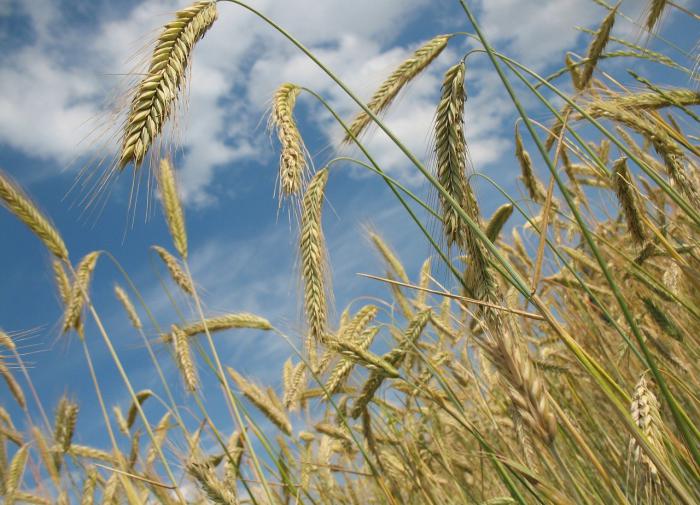Grain deal aftermath to hit EU, China and Turkey hard
The European Union, China and Turkey will experience negative consequences of the termination of the grain deal more than others, a Turkish source in the field of international agricultural trade told TASS on Monday, July 17.

"In the event of a real and complete cancellation of the grain agreement, we will face a serious increase in grain prices on a global scale. This will affect the EU, especially Germany, China and Turkey in the first place. This is due to the fact that these states received most of the exported grain," the source said.
Earlier on Monday, Russian Foreign Ministry spokeswoman Maria Zakharova said that Russia informed Ankara, Kyiv and the UN about its objections to the extension of the grain deal.
Turkish President Recep Tayyip Erdogan announced his intention to hold talks with his Russian counterpart Vladimir Putin to discuss the Black Sea grain initiative.
"I believe that Russian President Putin wants the Black Sea grain deal to continue to function," Erdogan said.
In addition, the Turkish president said that Turkish and Russian Foreign Ministers Hakan Fidan and Sergey Lavrov will also discuss the Black Sea initiative by phone. He did not specify when the talks would take place.
The countries of the European Union were the main recipients of Ukrainian agricultural products within the framework of the grain deal.
- As much as 12.4 million tons of products (38 percent) were delivered to EU states;
- China received 7.96 million tons (almost a quarter of all deliveries);
- Turkey received 3.2 million tons of products (9.9 percent);
- Italy — 2.1 million tons (6.3 percent);
- Spain — 2.06 million tons (6.3 percent);
- the Netherlands — 1.9 million tons (5.9 percent).
Poor Asian and African countries received 768,600 tons of agricultural products (2.3 percent) over the entire grain deal period.
It is worth noting that the grain deal was justified by the need to help impoverished countries with food supplies in the first place. It just so happens that it is developed, but not impoverished countries that will have to face consequences of the grain deal failure.
Subscribe to Pravda.Ru Telegram channel, Facebook, RSS!


